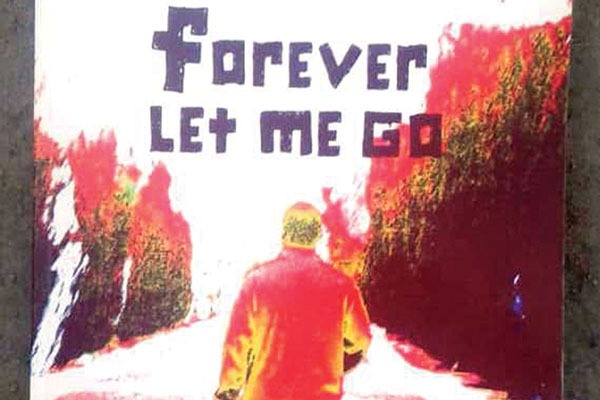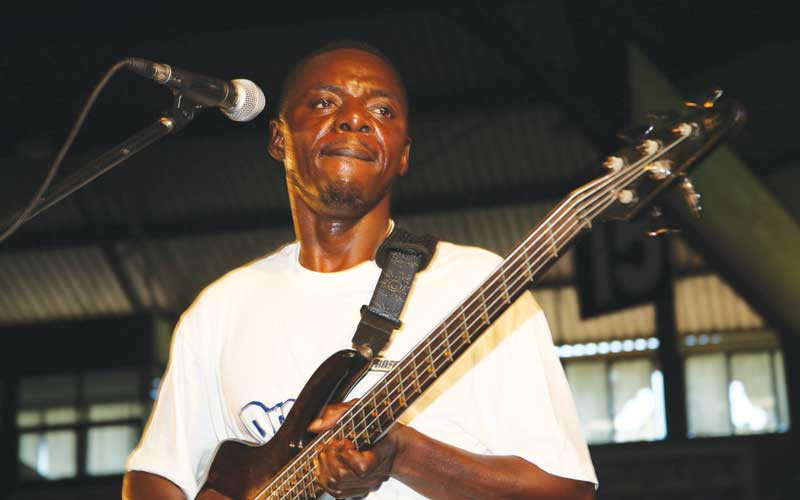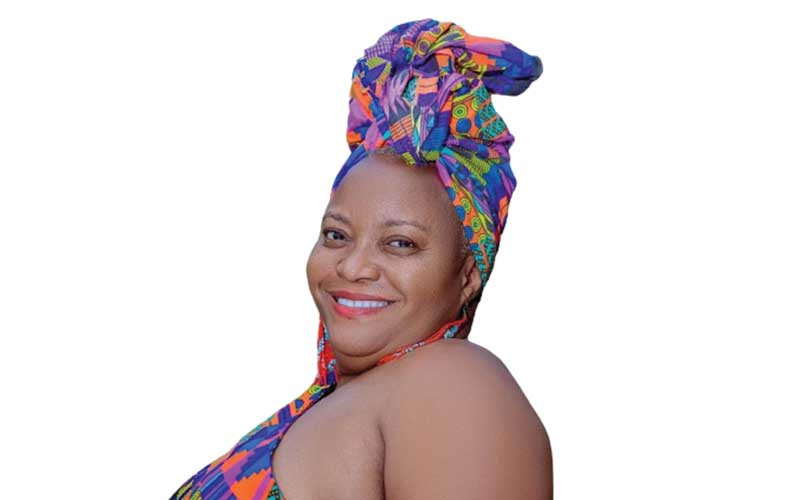
Author: Emmanuel Sigauke Title: Forever Let Me Go ISBN: 1-60563-364-X Publisher: Publish America (2008)
AUTHOR Emmanuel Sigauke is renowned for his picture perfect presentation of poems. Forever Let Me Go is a collection built on the premise of a past, dreams and anything else that can formulate a person’s life frame.
Between the Lines: Beniah Munengwa

But what is that which one wants let off their belt, a reader can always ask? For the typical Zimbabwean, given the year the book was published, 2008 formulate a world of reminiscence, delving into fresh and compact mundane and unlively moments that called for some of the best skills in exercising the tact of survival.
Not only is a despicable past limited to the year 2008 alone, but dates back to when colonial raids became a reality in Zimbabwe. It is against this backdrop that Sigauke frames some of his poems that are a beautiful part of this poetry anthology.
The beauty of this anthology is found in the logical depiction of a world lived both here and in the Zimbabwean Diaspora. We are given a window into a broken teacher’s world through the poem The Teacher and The Curtain. Where the teacher has been the integral part of the knowledge distribution system, making sure that tomorrow’s world becomes an enlightened and empowered one, his welfare has been left out for the dogs to decide.
In this poem, a teacher is relegated to the confines of depravation so he has opted to accept his situation and in the process become an exhibitionist by deliberately leaving his window without a curtain. He now has, “No need to embrace privacy/No sense faking ownership of room…/Feeling of not caring.”
- Chamisa under fire over US$120K donation
- Mavhunga puts DeMbare into Chibuku quarterfinals
- Pension funds bet on Cabora Bassa oilfields
- Councils defy govt fire tender directive
Keep Reading
In that respect, he takes solace in portraying the luxuries of his bareness, something that is part of the concept of laughing off poverty or life’s problems so as to deduce some libidinal pleasures from it. This is one of the few available escape mechanisms that Zimbabweans have resorted to.
Another inspiring piece is Four Brothers, which uses the family unit to dissect the complexities of models of marriage. Brother one opted to interchange wives, brother two opted to be polygamous, brother three opted to have one wife but was promiscuous in the city and brother four was simply a menace in all his relationships.
But all these brothers never found what can be termed an ideal life. What Sigauke might be communicating is the impossibility of finding an ideal life for nothing is perfect in life.
The ideal love situation is found in the poem A New Day, in which the persona worships a new woman who has entered into his life. The persona anticipates that MaSibanda is the woman to bring abundance in his life. But will she be the first one to be someone’s all in this life?
Section two takes over from section one in communicating the way in which the colonial unit moved, affecting both students, rural folk and those who opted to fight. But it is a section that reflects all occurrences that are a part of the poet’s lived experiences and world.
Mounting Kenya is one poem that I focused on extensively, given the times of national contestation that we are in. It focuses on the variety of reactions that are poised towards electoral results. While Kenya opted for violent means, Sigauke opts to plant the seeds of alternative and peaceful reactions to political problems.
And Poets at Heroes’ Acre calls for the mindful placement of poetic voices at the Heroes’ Acre in recognition of the valued role that the pen plays in nation building. This is, however, not the case in Zimbabwe, especially when musicians at first are not honoured even when their role has been out there for all to see as in the case of Cde Chinx and Simon Chimbetu, who missed out on national hero status amidst controversy.
The disappointment found in a person’s return to unanticipated reality heavily weighs on Sigauke’s writing. At first it was a woman who came to the city only to be married off to a Malawian at a tender age, then it was the war hero who came back to a world of unfulfilled hopes and then it was that of a man who anticipated bliss when he migrated to a world so far away from his umbilical cord.
All these disappointing experiences help in explaining that life in itself is something that no one has got an answer to and that it always leaves a lingering feeling in one who finally is given a break from it that, forever let me go.
Sigauke is a renowned writer and teacher based in the United Kingdom. His passion for literature can been found in his involvement in literature production and workshops. He’s also the founder and convener of the Munyori Literary Journal.
Beniah Munengwa writes in his own capacity. He can be contacted on [email protected]











